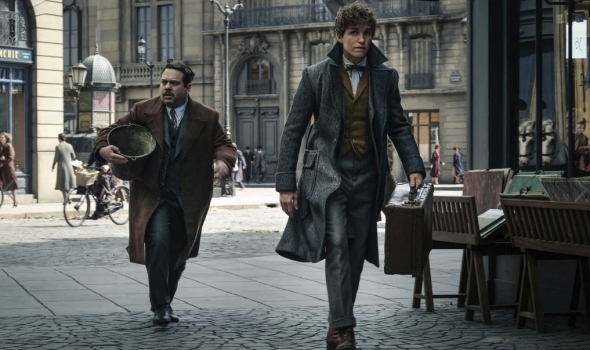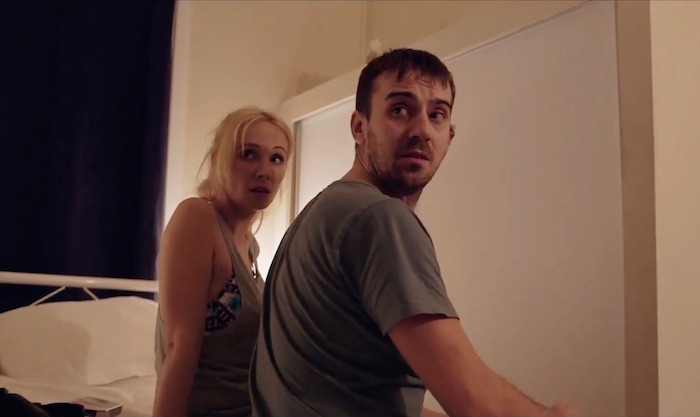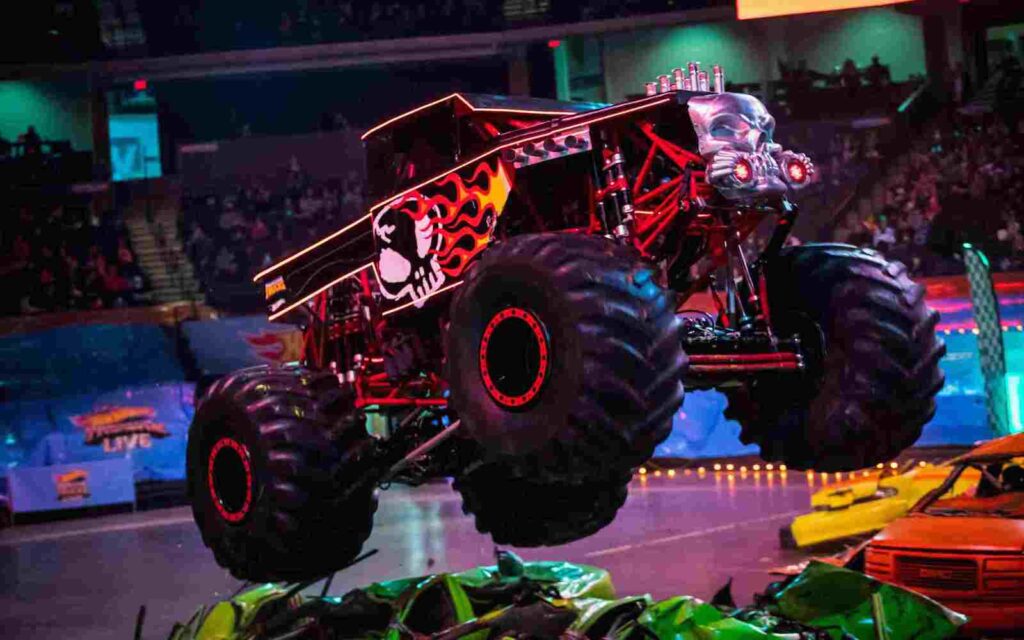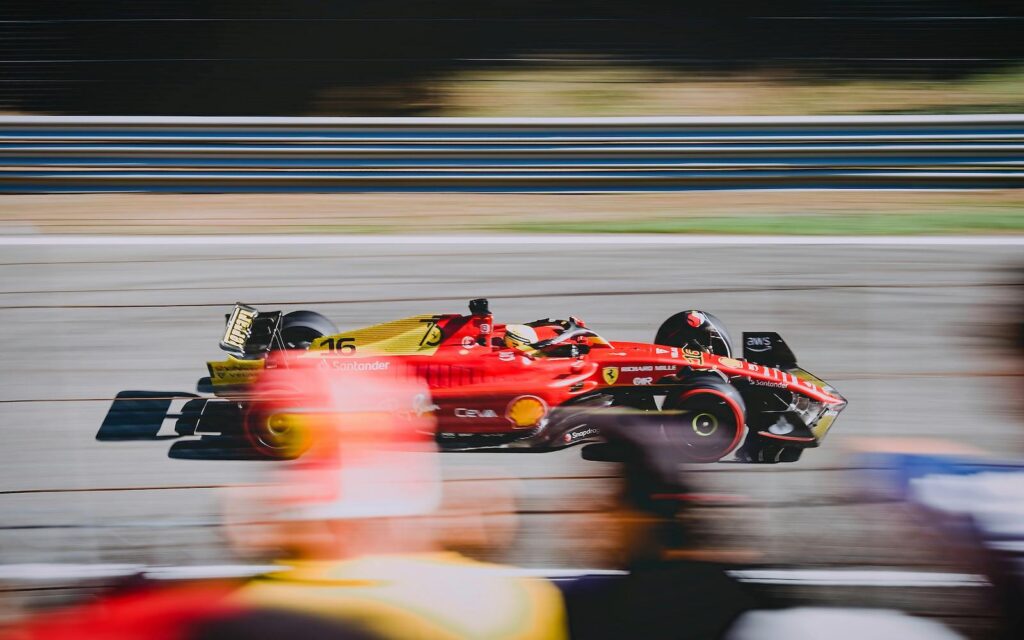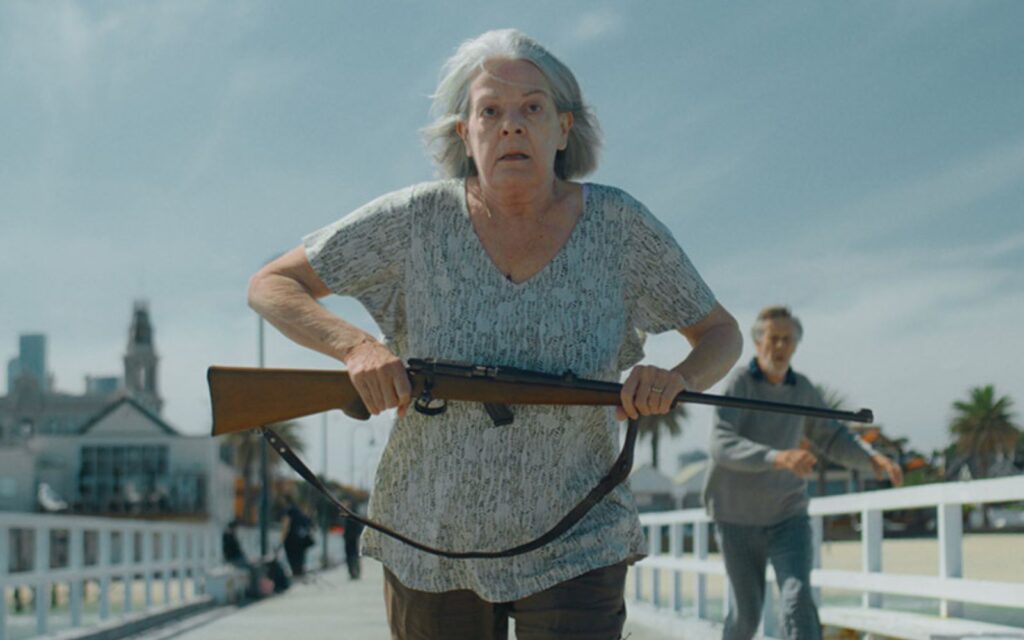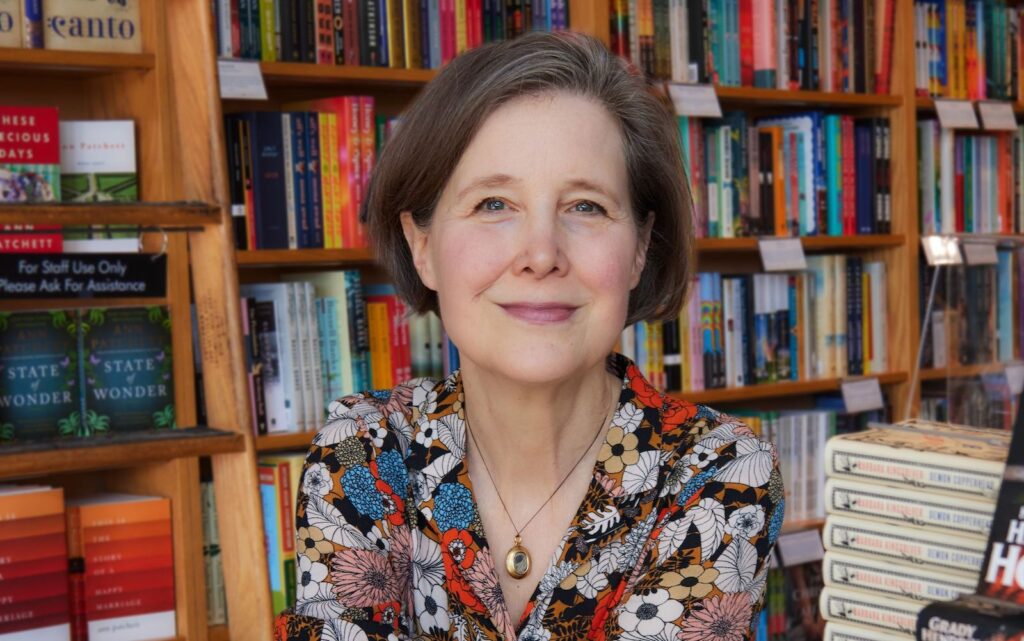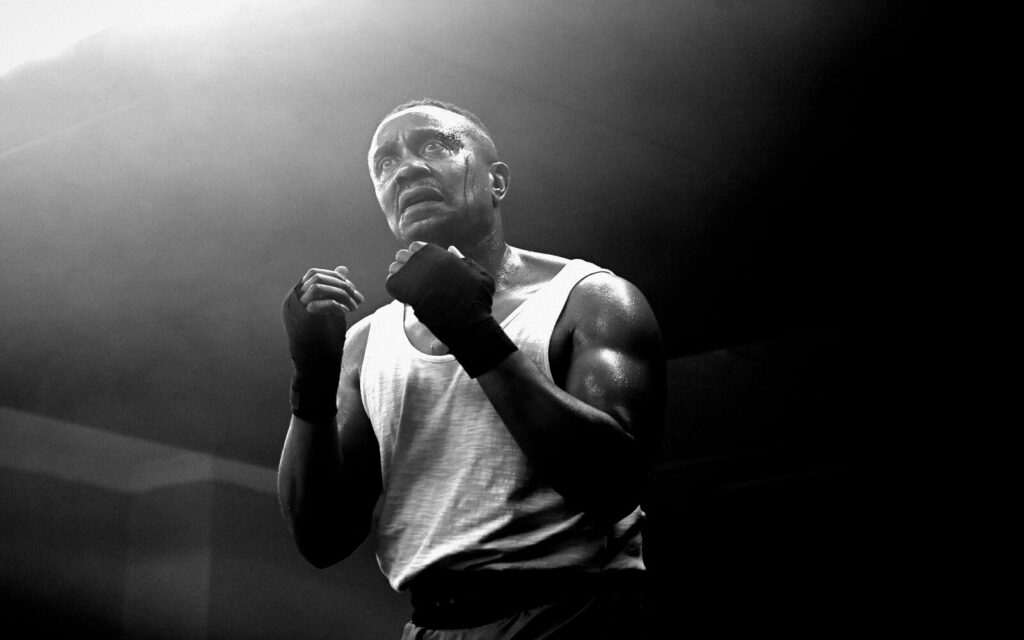Given that The Crimes of Grindelwald’s predecessor (2016’s Fantastic Beasts and Where to Find Them) was charming as hell, the second outing in this Harry Potter offshoot was always going to be up against it.
The original Fantastic Beasts was a whimsical intro to endearing “magizoologist” Newt Scamander (played by Eddie Redmayne), his menagerie of magical beasts and likeable pals, including muggle – or “no-mag” – Jacob Kowalski (Dan Fogler), ethereal mind-reader Queenie Goldstein (Alison Sudol) and her sister, demoted Auror Tina Goldstein (Katherine Waterston). In this case, although the key crew are back for their next adventure, The Crimes of Grindelwald isn’t an affable repeat – it’s an entirely darker beast.
With that in mind, comparing the movies is a bit of an apples and oranges exercise. However, it is worth noting while Fantastic Beasts almost stood outside the Harry Potter canon as a precursor to the boy wizard’s adventures, The Crimes of Grindelwald steps back into Hogwarts and joins the dots between the stories. In particular, we meet a young Professor Dumbledore (Jude Law), who, as it turns out, was not only a babe but almost runs away with the movie.
It’s also a proper introduction to the most powerful dark wizard pre-Voldemort, Gellert Grindelwald (Johnny Depp). Oddly reminiscent of Marilyn Manson, right down to the one pale contact lens, Depp manages to be both creepy and seductive. He’s also the conduit for the movie’s most interesting plot point, namely an exploration of the preconditions necessary for the far-right to attract broad appeal. As a “pure-blood” wizard, Grindelwald stands for the supremacy of his kind over “mud-blood” mages, and possibly muggles as well. Basically, he’s preaching segregation and ethnic cleansing.
Frighteningly, that starts to hold allure for some of the movie’s most disenfranchised, alienated, frightened, and abused characters (this isn’t meant to be an apologia for far-right proponents. To be clear, they’re fuckwits). However, when Grindelwald’s in full rhetorical flight, the movie becomes an allegory for recent political travesties, including Brexit and Trump. In fact, some of Grindelwald’s rants are Trump-speech 101 – for example, “people say that I hate muggles. I do not hate them”. Yeah, right.
With the threat of the hard right on the rise (in the movie and real life), timely issues get an airing, including the importance of doing the right thing for its own sake, the call to be brave, and, finally, a somber reminder that “the time’s coming… when you’re going to have to pick a side”. In that regard, there are some real surprises when the dust settles and we see where the line’s been drawn.
Highlight: The French equivalent of the Ministry of Magic. Of course, it’s as chic as anything.
Lowlight: With rare and notable exceptions, like The Godfather Part II, the second outing in a movie franchise is often duff. While The Crimes of Grindelwald is a far cry from, say, Die Hard 2, it doesn’t quite carry its length of two hours and 15 minutes. It also introduces a bucket load of characters in rapid succession, not all of whom are relevant or make it very far, but it’s hard to give a shit about anyone except for Newt and the original gang.
Crowd favourite: The movie isn’t all gloom. The light-fingered Niffler’s back. Plus, cat lovers will get a kick out of the Zouwu, which sits somewhere between gigantic feline and the Neverending Story’s luck dragon, and is subdued by the same sort of shit that entertains your moggy.
3.5/5
